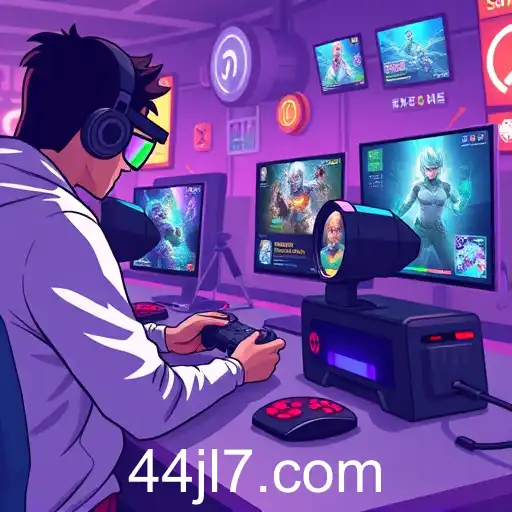
In recent years, the landscape of online gaming has undergone significant transformation, with community-centric hubs such as JL7 leading the charge in this evolution. As we find ourselves in 2025, these communities represent a uniquely vital component of both the gaming industry and the broader digital culture.
The gaming industry has always thrived on innovation, and 2025 is no different as emerging technologies continue to reshape how games are developed, marketed, and consumed. Platforms like JL7 have capitalized on this by providing gamers with a space not only to play but also to connect, communicate, and build comprehensive networks.
One of the most notable trends in gaming communities today is the emphasis on community engagement. This change marks a shift from traditional models where gaming companies focused solely on pushing product sales to fostering user interaction and loyalty. Websites such as JL7 have created sophisticated ecosystems where players can contribute to forums, participate in live-stream events, and even influence game development through feedback and suggestions.
Amidst economic fluctuations and global uncertainties, gaming communities have proven resilient, offering not just entertainment but an escape and a sense of belonging. A recent report notes an increase in gamers seeking social interactions in virtual spaces, partly as a response to the constraints of past global pandemics which accelerated the digital transformation and turned virtual interactions into a norm.
As the digital world incorporates more advanced AI, virtual reality, and cross-platform functionalities, one can only anticipate further evolution in these realms. JL7 and similar platforms are expected to further integrate these technological advancements, making gaming a more immersive and socially-connected experience.
Analyzing current dynamics, one sees a clear trajectory towards inclusivity and personalization. 'Gamer' no longer defines a monolithic group but rather a broad demographic that traverses age, gender, and cultural borders. This diversification has prompted platforms like JL7 to adapt continuously, striving for inclusivity by offering a spectrum of gaming experiences that cater to varied preferences and accessibility needs.
In conclusion, the digital era's gaming communities, exemplified by JL7, are more than gaming portals—they are social phenomena that reflect and influence modern culture. The coming years will likely witness an even deeper integration of gaming into daily life, further blurring the lines between virtual interfaces and real-world interactions.


